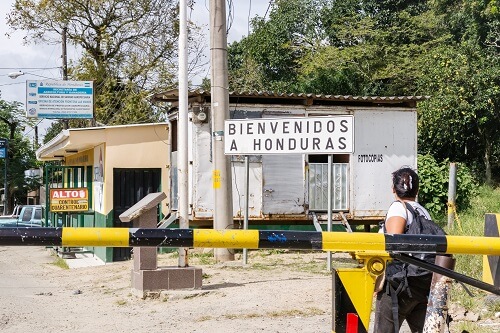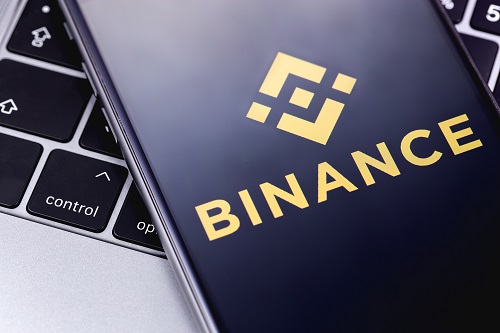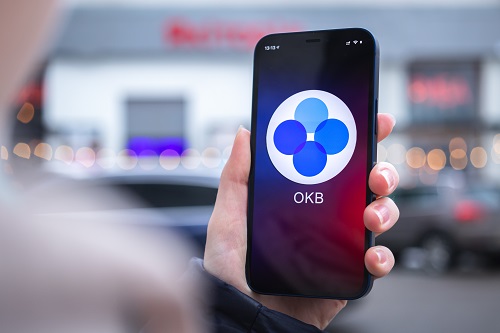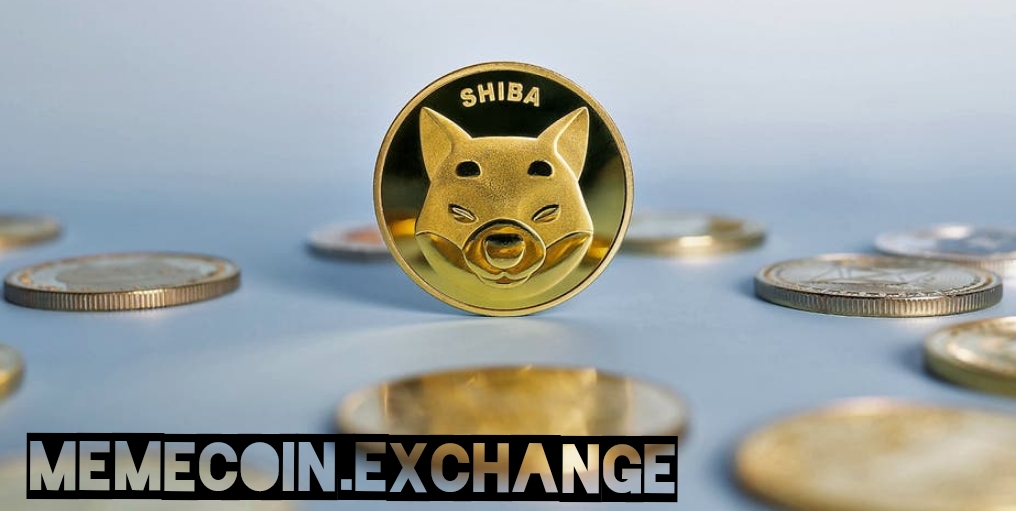Honduras regulator bans institutions from trading crypto

Honduras’ banking regulator the National Banking and Securities Commission, or CNBS, has announced an immediate ban that prohibits institutions from trading crypto. The banking regulator reached the resolution on Monday and cites fraud and money laundering among reasons for the move, Reuters reported. Honduras’ National Banking and Securities Commission, or CNBS, has banned institutions under […]
Kaspa price surges 20%, Bitbot unveils revolutionary Telegram trading bot

Kaspa (KAS) price surges 20%, eyeing a $3 target amid bullish momentum and fair launch. Bitbot unveils the world’s first Telegram self-custodial trading bot, empowering users. BITBOT token presale offers a strategic investment opportunity. In the dynamic world of cryptocurrency, Kaspa (KAS) and Bitbot are making waves with significant developments. Kaspa, after a recent surge […]
Binance.US delists 40 trading pairs, pauses OTC trading

Binance.US is delisting advanced trading pairs for coins such as AAVE, BCH and MKR on June 8. The 40 coins being delisted are for advanced trading pairs of USDT, BTC and BUSD. Binance.US has also paused its OTC trading, but says withdrawals and deposits remain open. Binance.US, the US-based subsidiary of the world’s largest cryptocurrency […]
OKX Wallet announces Ordinals Marketplace for BRC-20 trading

The Ordinals Marketplace will offer features that include minting and trading of Bitcoin Ordinals OKX Wallet to support Lightning Network and staking for Stacks (STX) and BRC-20 tokens OKX to attend the Bitcoin Builders Conference in Miami OKX, one of the leading cryptocurrency exchanges and Web3 technology company, today announced the launch of Ordinals Marketplace […]
Bitcoin still trading like a risk asset, despite claims of decoupling amid banking crisis

Key Takeaways First Republic has become the latest bank to collapse in the US Bitcoin has bounced this week, as it did in March when SVB fell and the banking crisis was triggered Our Head of Research, Dan Ashmore, contends that Bitcoin remains a risk asset, despite claims from enthusiasts that a decoupling is occuring […]
DOGE is Now Available For Trading On Coins Pro

Source link
DOGE Is Trading 28% Higher On The Monthly Chart

Source link
MicroStrategy BTC paper loss hits $1.3B but no plans to stop trading bitcoin

MicroStrategy registered $34 million in its first-ever bitcoin sale. The company registered a paper loss of over 1 billion in 2022. MicroStrategy made its first bitcoin purchase in August 2020. Despite making a paper loss of about $1.3 billion in 2022, MicroStrategy’s chief financial officer, Andrew Kang, said that the company will continue trading bitcoin. […]
Bitcoin trading at $38,000 in Nigeria, as Africa’s biggest economy in turmoil

Key Takeaways Bitcoin is trading at $38,000 in Nigeria, a premium of 66% The Nigerian central bank has implemented ATM withdrawal limits of $43 per day in push towards a cashless society for Africa’s biggest economy The central bank also announced a rival card system to Visa and Mastercard, in a bid to reduce fees […]
SHIBA INU is on the list of top 10 coins with the Highest Trading Volume

Source link